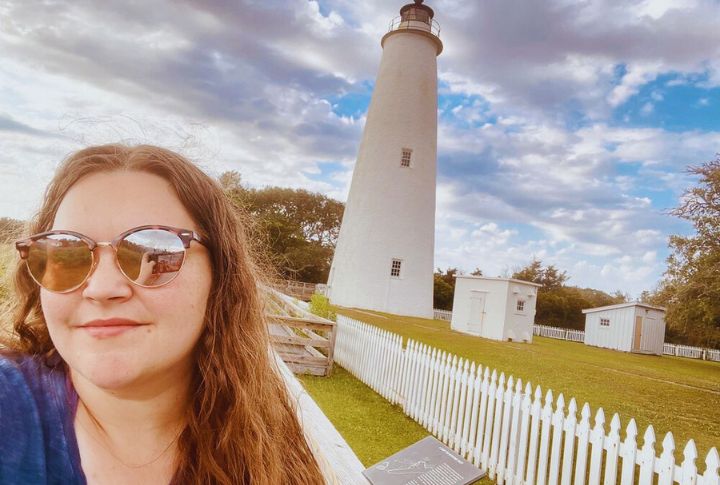
The ferry ride to Ocracoke Island, North Carolina, reveals something extraordinary. This remote barrier island, which is accessible only by boat and sits twenty miles off the coast, is home to the Ocracoke Brogue, also known as “Hoi Toider.” While it’s often called the last remnant of Elizabethan English, the truth is even more fascinating—it’s a living time capsule of 17th-century British dialects.
Time Sounds Different
The island wasn’t permanently settled until 1750. Blackbeard used these shores as a hideout before meeting his end here in 1718. Early settlers were a mix of English, Scottish, Irish, and Scotch-Irish colonists who brought their dialects with them. Cut off from the mainland by treacherous waters and distance, their speech evolved in isolation for over 250 years.
Linguist Walt Wolfram describes it as having roots in numerous early modern English dialects from Ireland, eastern England, and southwestern England. When visitors first hear an elderly “O’cocker”—what natives call themselves—speak, many genuinely think the person is British or Australian.
How “High Tide” Becomes “Hoi Toide”
The dialect gets its nickname from its most distinctive feature: the pronunciation of “high tide” as “hoi toide.” In early modern English, the “i” vowel sounded like “uh-ee,” and Ocracoke has preserved this ancient pronunciation. Say “time” like “toim” and “side” like “soid,” and you’re getting close.
The peculiarities continue. “Sound” becomes “saind,” and “brown” sounds like “brain”—a confusion that has led to memorable misunderstandings about “brain pocketbooks.” The word “fire” comes out as “far,” creating mix-ups when someone needs their “tar” changed. These patterns connect directly to dialects of southwestern England, the same region that gave us the stereotypical pirate accent in movies.
The grammar is equally distinctive. O’cockers use “weren’t” for all past-tense negative sentences: “The dog weren’t here.” They say someone is “to the dock” instead of “at the dock,” and add an “a” before verbs like “we went a-fishin’.” Tourists are “dingbatters,” good male friends are “bucks,” and female friends are “pucks.” These aren’t just colorful expressions—they’re linguistic fossils preserved by centuries of isolation.
A Dying Dialect
The Ocracoke Brogue is disappearing. Wolfram, who has studied the dialect since the 1990s, estimates it will vanish within one to two generations. Today, it’s largely confined to residents over 50, and younger O’cockers speak more and more like typical Americans with each passing year.
The culprit is the connection. By the 1970s, Ocracoke’s economy shifted from fishing to tourism. The island now welcomes thousands of visitors annually, exposing locals to mainstream American English. Social media, television, and the internet have accelerated what the ferries started.
A good number of students in Ocracoke’s only school now identify as Latinx, further diversifying the linguistic landscape. Isolation once protected the brogue, but isolation is impossible in modern 2025. Chester Lynn, whose family has lived on the island for ten generations, still speaks with the brogue and enjoys sharing it with curious visitors.
His favorite phrase captures the island’s unique character: “I’ve been here long enough to catch fish in the front yard with a garden rake.” But voices like his are becoming increasingly rarer. The Ocracoke Brogue isn’t quite Old English, but it’s the closest thing America has to a living connection with speech patterns from centuries past—and it’s slipping away.

